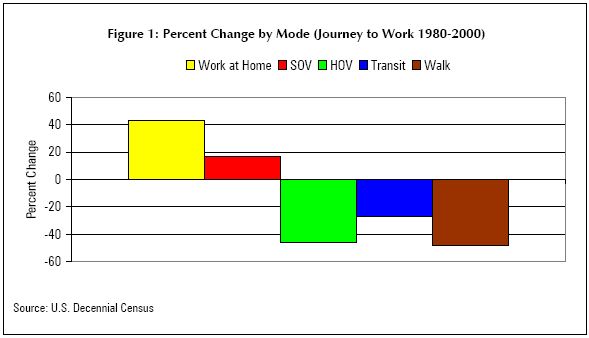honolulutraffic.com
formerly The Alliance for Traffic Improvement
Seeking cost effective ways to reduce traffic congestion on Oahu
November 2005
![]() November 13,
2005
November 13,
2005
Senate provides incentives for accuracy of forecasts:
In answer
to a recent question, FTA responded, "there is a provision which allows f
In addition FTA executives now stand to earn bonuses on the accuracy of grantees' forecasts. This is all very encouraging news. Our advice, "When all else fails, try money."
Where matters stand:
Currently we are waiting f
Towards the end of this month we will get some initial inf
Supp
This is the latest from the City:
"Mayor Hannemann invites all of the citizens of Honolulu to attend one of several meetings to be held in December to comment on the alternatives being analyzed and the analysis process. Meetings will be held:
December 13 from 5 to 8 p.m. at Blaisdell Center
December 14 from 7 to 9 p.m. at Kapolei Middle School
Those requiring special accommodation at the December meetings should call 566-2228. Those unable to attend the meetings will be able to provide input through the project website (www.honolulutransit.org) or by writing to the Department of Transportation Services.
Before these meetings, the City will announce through a newsletter, newspaper notices, the project information telephone line (566-2299), and the project website (www.honolulutransit.org) which alternatives are proposed for further study in the Alternatives Analysis and Draft Environmental Impact Statement (AA/DEIS). The AA/DEIS is one in a series of studies that are required for the City to receive federal construction funds. The purpose of the AA/DEIS is to provide all of the information needed for the citizens of Honolulu, Mayor, and City Council to select a preferred alternative for the project.
The City will review all the input received and quickly move on to the detailed studies on the alternatives in the AA/DEIS. Over the next year, the City will work closely with state and federal agencies to identify the benefits and impacts of each alternative. Project information will be presented to and ideas will be accepted from the public on an ongoing basis. Mayor Hannemann is in the process of appointing a leadership committee that will provide an additional communication link between the community and the project team.
The City plans to issue the Alternatives Analysis/Draft Environmental Impact Statement towards the end of 2006. At that time, the public will be asked to officially comment on the various alternatives. The Mayor and City Council will consider all public comments on the AA/DEIS prior to selecting a locally preferred alternative for the project."
![]() November 13,
2005
November 13,
2005
New York and San Francisco to study pricing:
The re-election of London's Mayor, Ken Livingstone, on the promise to expand congestion pricing in London has sparked politicians around the world to emulate his success. Read about two U.S. cities:
San Francisco Examiner. November 11, 2005. City searches for traffic innovations.
New York Times. November 11, 2005. Driving Around Manhattan, You Pay.
![]() November 3,
2005
November 3,
2005
Telecommuting outstripping public transportation:
Out of the 50 nation's largest metro areas, 27 of them, including rail cities Dallas, Phoenix and San Diego, now have more "commuters" getting to work online than those getting to work on public transportation. Note the change, 1980-2000, in the various methods commuters use to get to work. Guess which one is getting encouraged and which is ignored by the authorities? You can read more in Bob Poole and Ted Balaker's study: READ MORE

News
of the study comes from Reason Foundation's Director of Transportation
Studies, Robert Poole, who has a regular free newsletter.
In his latest newsletter he quotes U.S. Rep. Mike Krusee:
At the ARTBA Public-Private Ventures conference in
“Americans do not tolerate shortages. Breadlines are for
communist countries. Breadlines in the
“That is why



